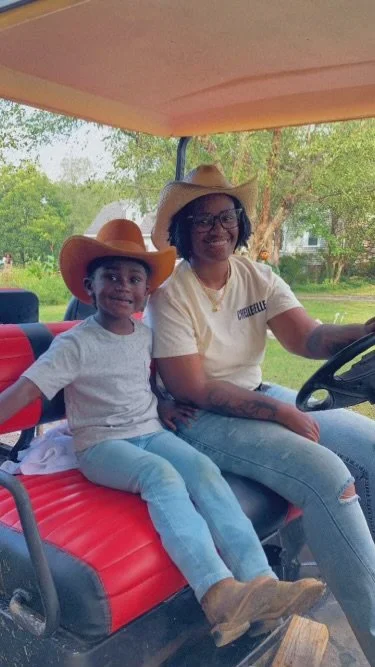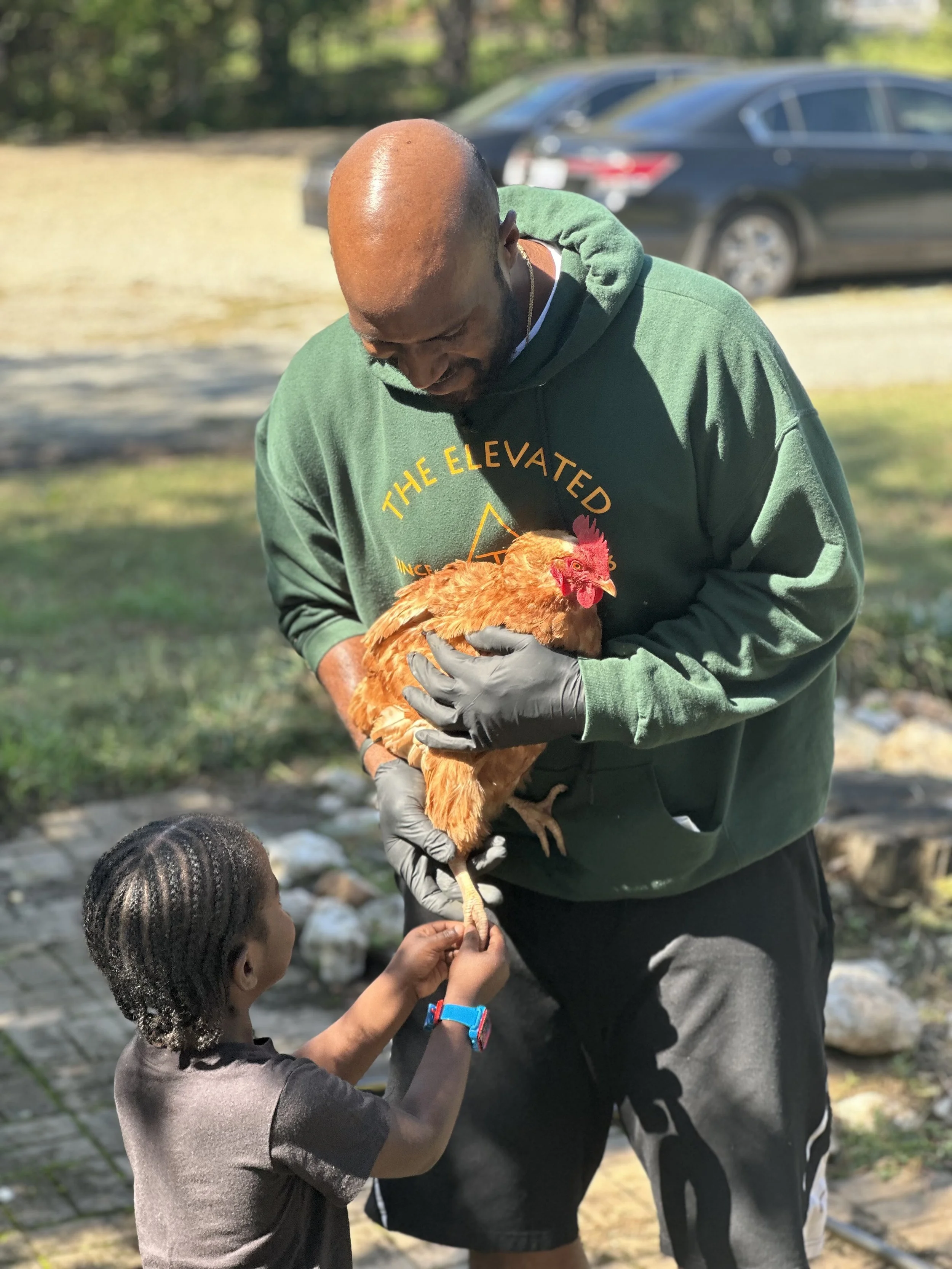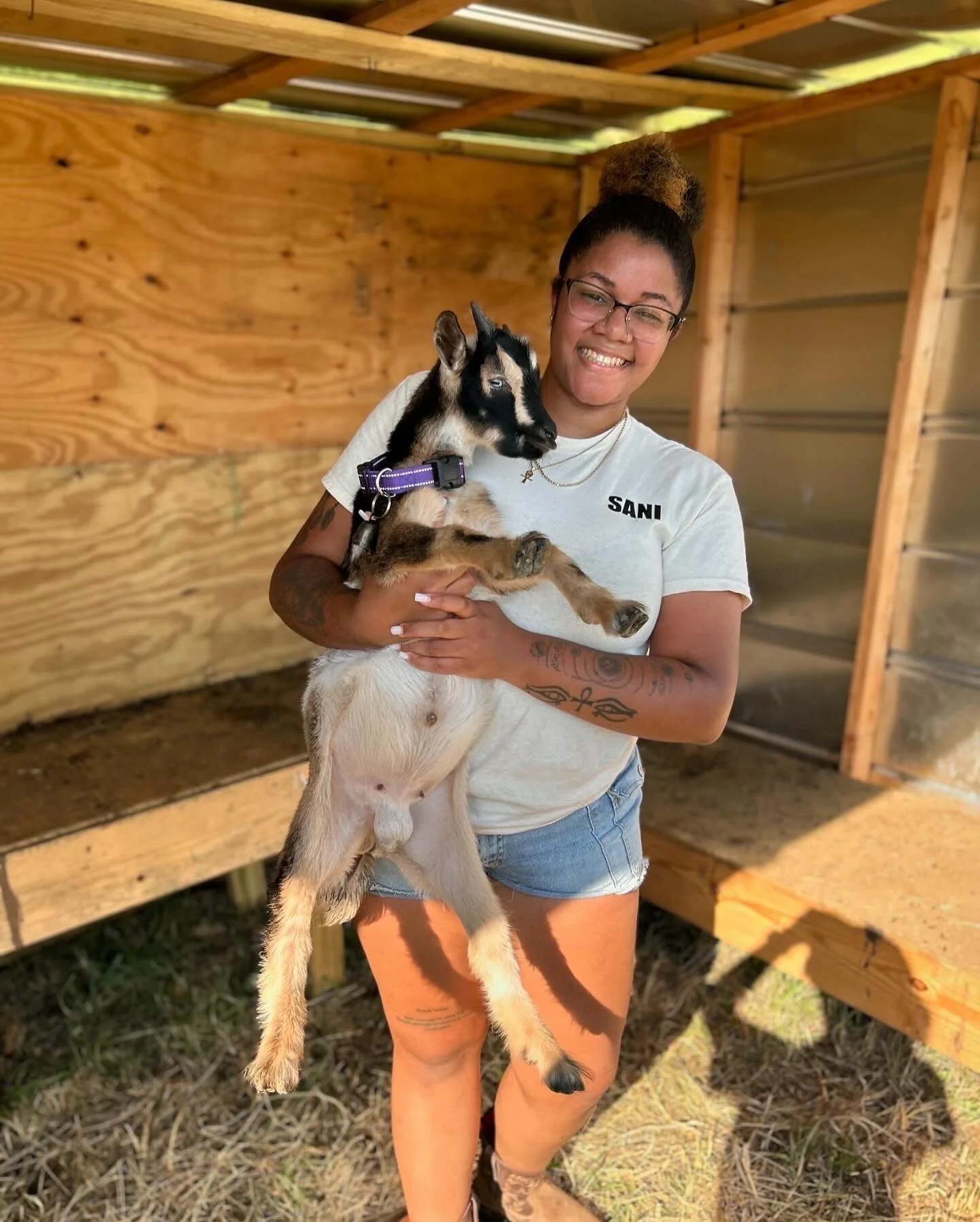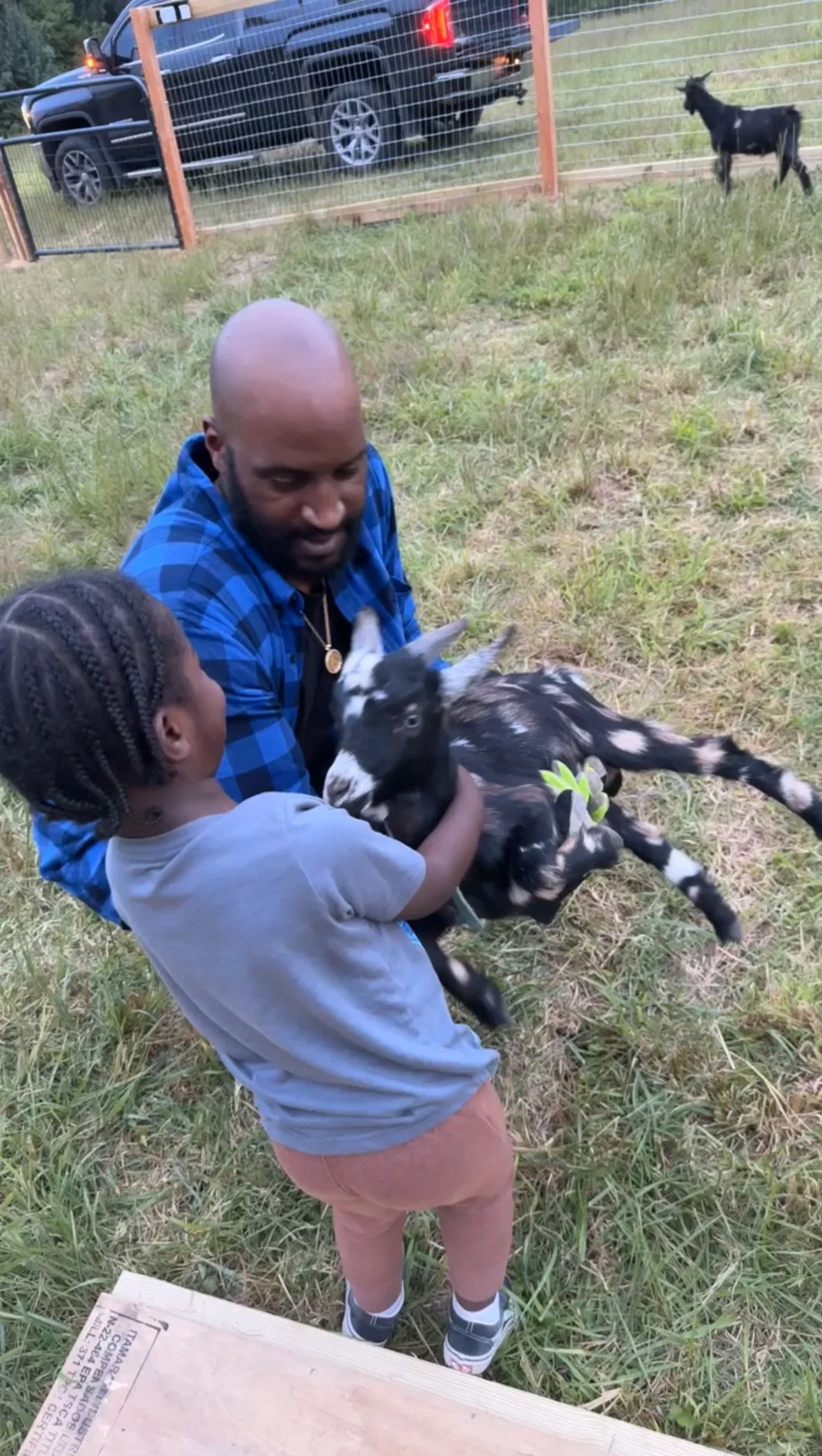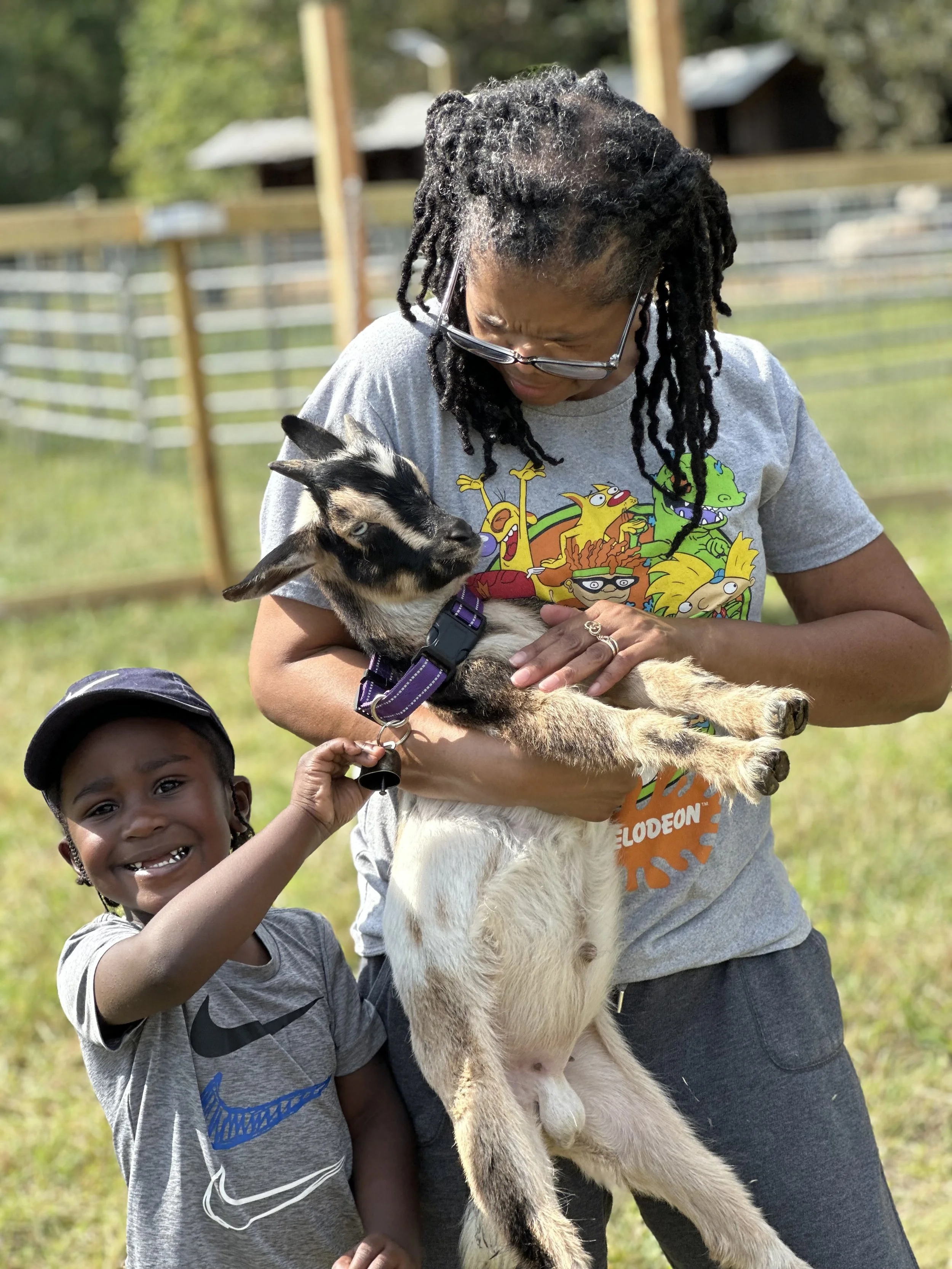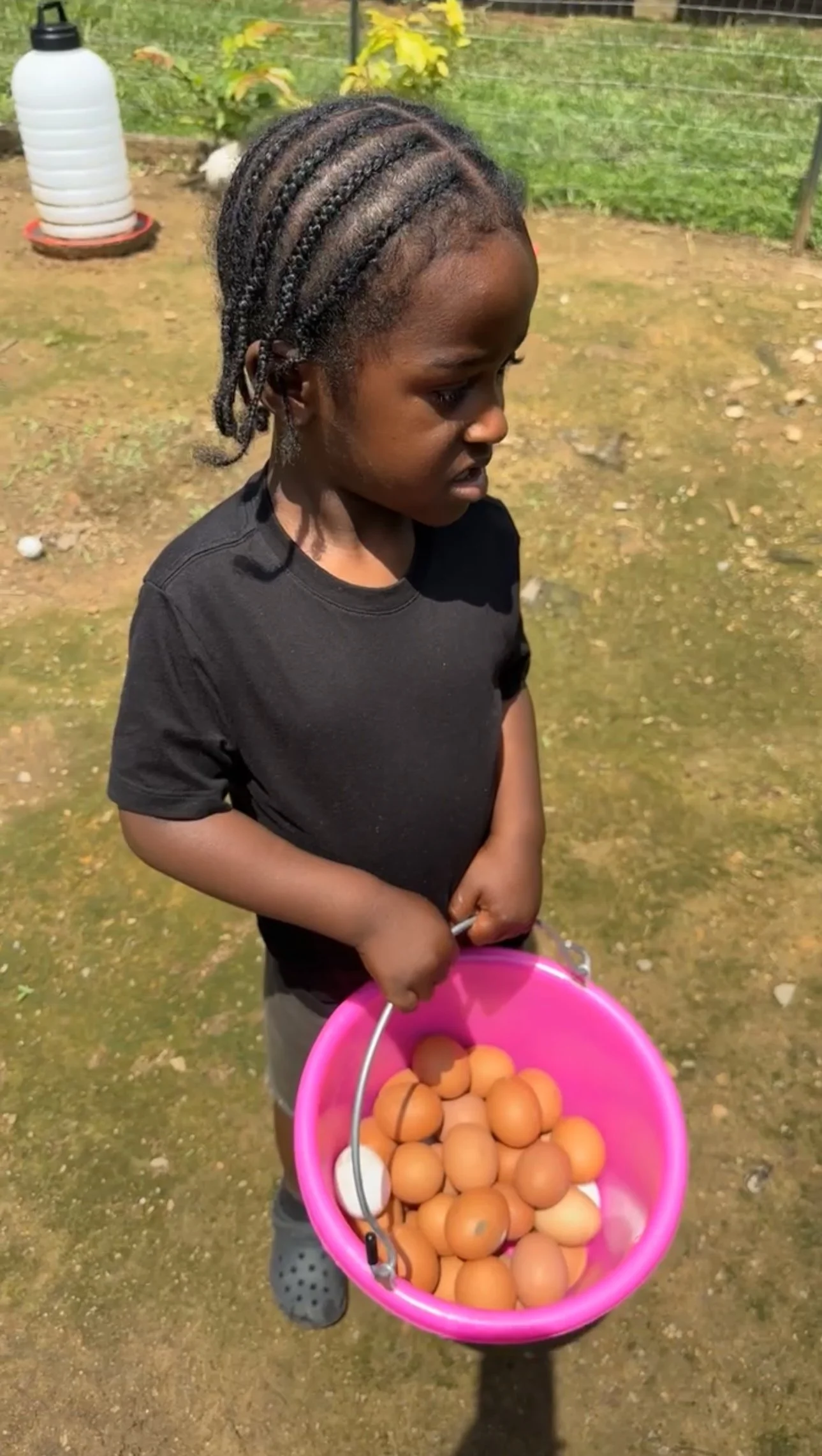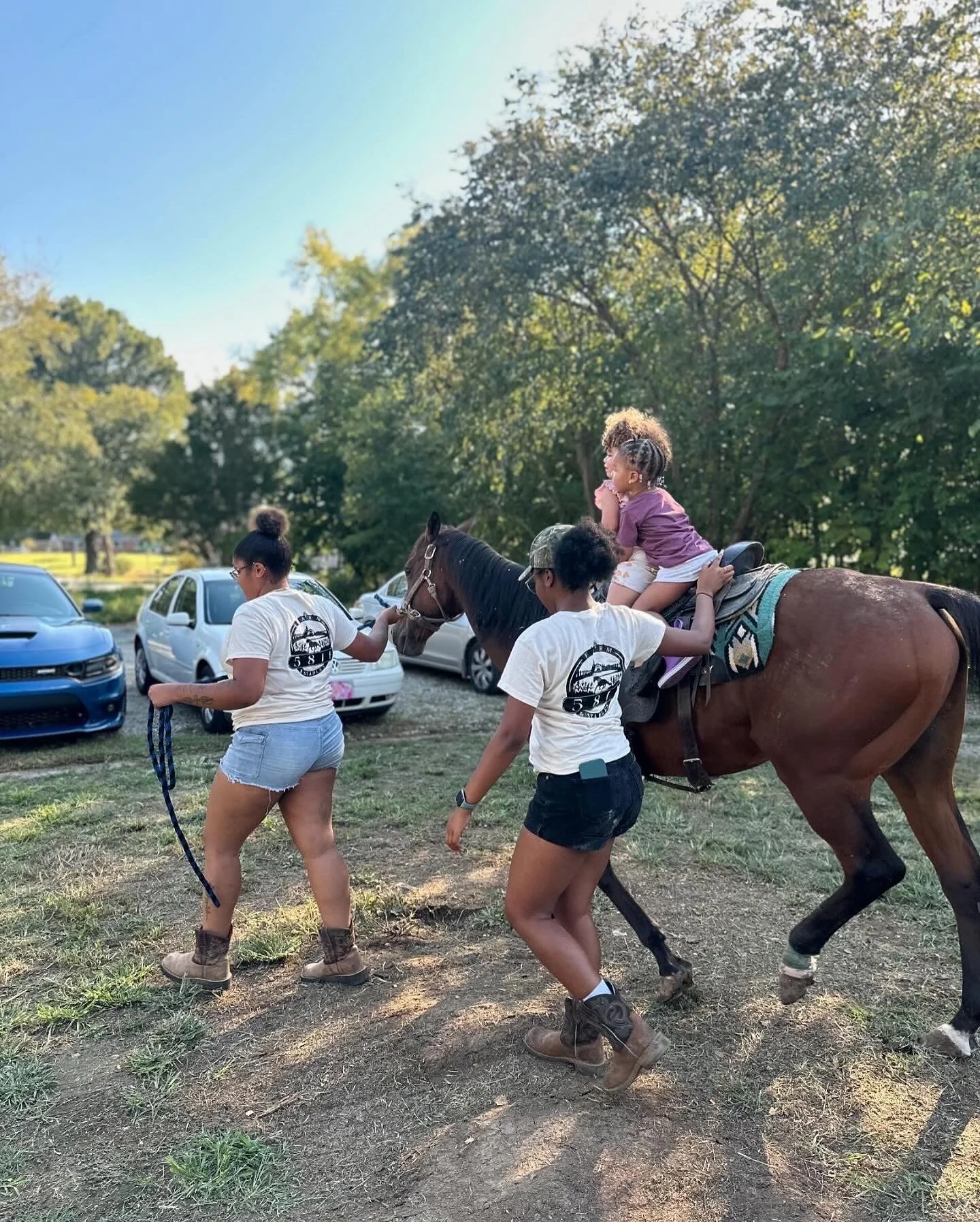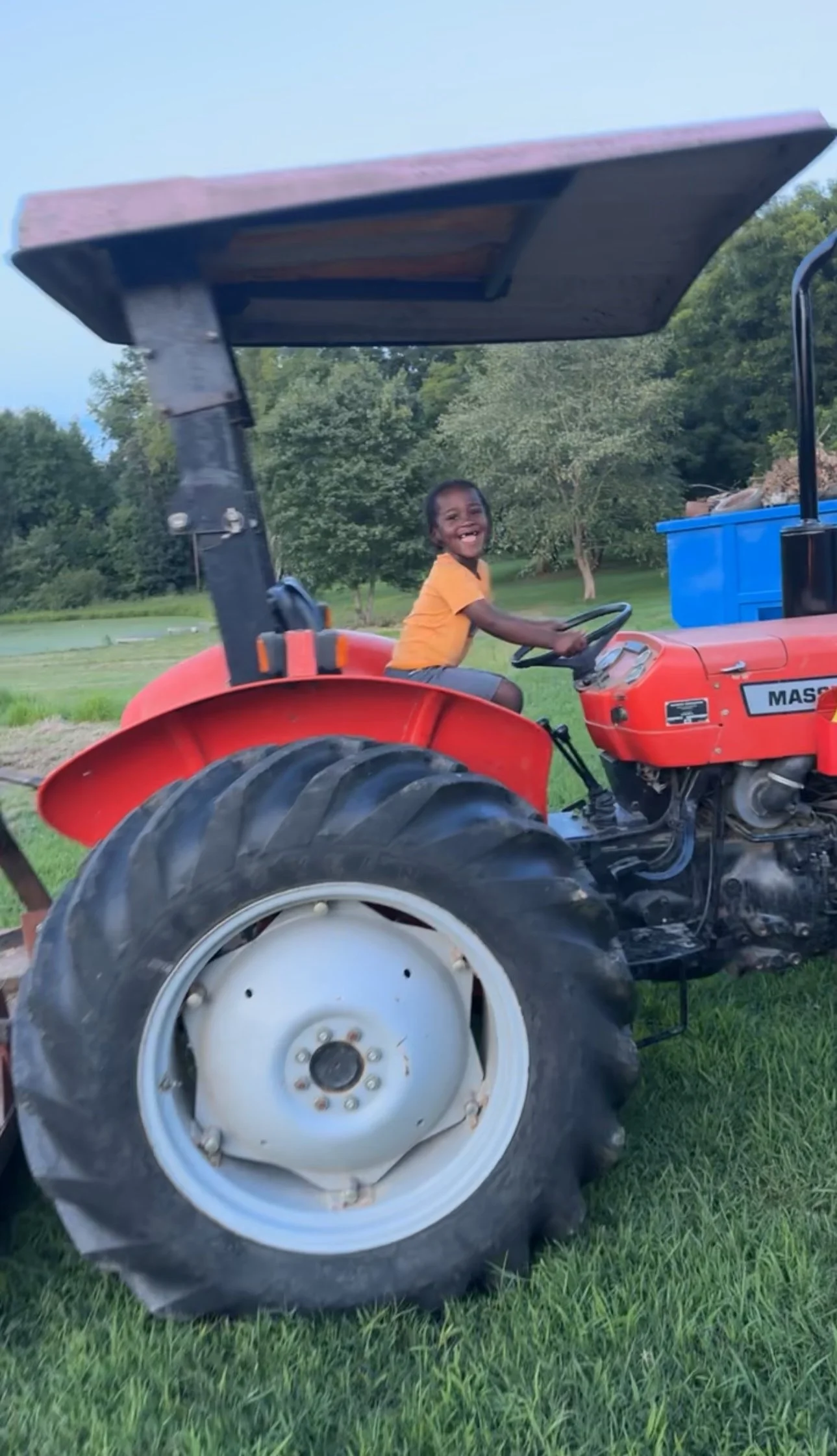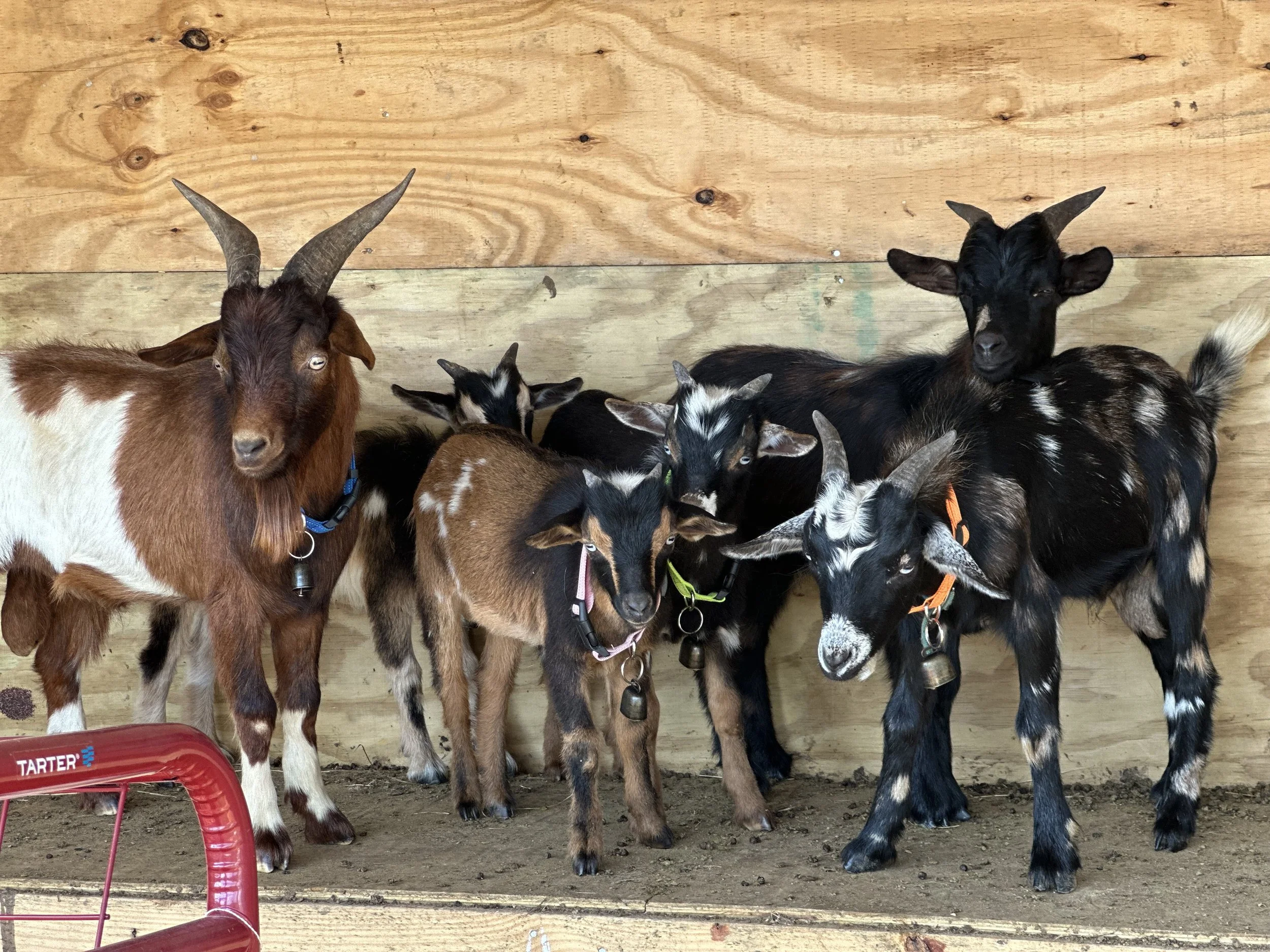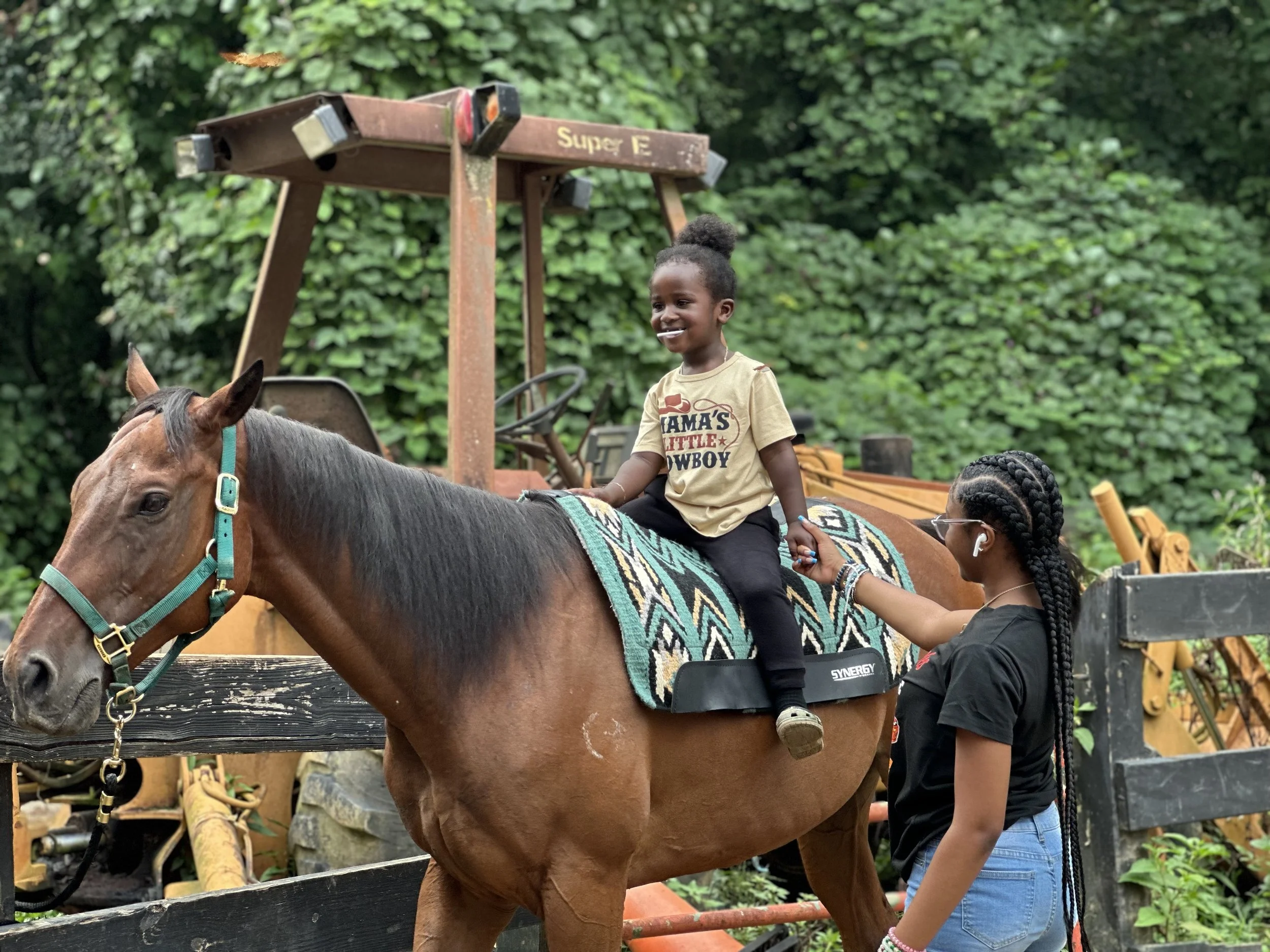History, Healing, Horticulture
Having a farm is exciting and rewarding, but for us it’s a chance to reclaim traditions, build generational wealth, and contribute to the local community. We are working to preserve a cultural legacy, revitalize the rural community, and bring fresh ideas to agriculture and horsemanship, all while respecting the land. We are a family owned and operated urban farm with horses, goats, chickens, & more to come.
History
Noun. Relating to the past, especially to events that are significant or important in some way, indicating a deep understanding and appreciation
Black cowboys and cowgirls have a rich history that is unknown to most. In fact, the original Cowfolk were Black. The history is remarkable, yet often overlooked. While Texas ranchers fought in the Civil war, they depended on their slaves to maintain their land and cattle herds. In doing so, they slaves developed the skills of cattle tending, breaking horses, pulling calves out of mud and releasing longhorns caught in the brush, to name a few. These were the first Black cowboys. After the Emancipation Proclamation, ranchers were forced to hire now-free, skilled African-Americans as paid cowhands. After the Civil War, being a cowboy was one of the few jobs open to men of color.
Black cowgirls, though less documented, also played an important role in ranching. Black women often took on critical roles in the day-to-day running of ranches and farms, managing livestock, crops, and sometimes even ranch hands.
The history of Black farmers in the United States is both rich and deeply rooted, though it has been marked by struggle and perseverance. During the late 19th and early 20th centuries, thousands of Black farmers acquired land and established thriving agricultural communities, particularly in the South. By 1920, Black farmers owned nearly 15 million acres of land and made up about 14% of the nation's farmers. Black farmers were often denied loans, subsidies, and technical assistance, leaving them at a severe disadvantage. Throughout the 20th century, the number of Black farmers dwindled. By the 1980s, they represented less than 2% of the farming population. Many Black-owned farms were lost due to debt, foreclosure, and discriminatory policies, leading to a sharp decline in land ownership.
Despite these challenges, Black farmers have demonstrated resilience. We strive to educate our community on the true history of Cowfolk and farmers, making sure the legacy stays alive.
5811 Farm & Stables is a proud Black owned, Woman owned farm.
Healing
Adjective. Having the ability to restore health or promote physical or emotional well being, providing comfort and relief to those in need.
Animals, especially horses, truly are therapeutic, and anyone who has been on a horse would agree. Horses are resilient, and we want to channel that resilience in everything we do. Resilience is defined as the capacity to withstand or to recover quickly from difficulties; toughness. Horses and humans are alike in many ways. We have the same emotional needs, and just like humans, a horses resilience depends on their past experiences and their confidence in themselves. Their past experiences impact their present behavior. 5811 Farm & Stables hopes to show our community that they are resilient as well, no matter what they have been through. Horses offer non-judgement support, and provide a sense of calmness that is much needed in today’s times.
Goats are calm and in the present moment, and humans can't help but take on that energy. Goats are also hilarious and make you laugh. The combination of calmness and laughter is very therapeutic.
Horticulture
Noun. The science and art of growing fruits, vegetables, flowers, or ornamental plants.
While we love our animals, we respect the land and the fruits of it. While we work to get the garden up and going, we understand the importance of self sufficiency. Knowing how to grow your own food offers important benefits that impact health, sustainability,. and community. Growing food empowers us to have a stronger connection to the land and the community around us.
